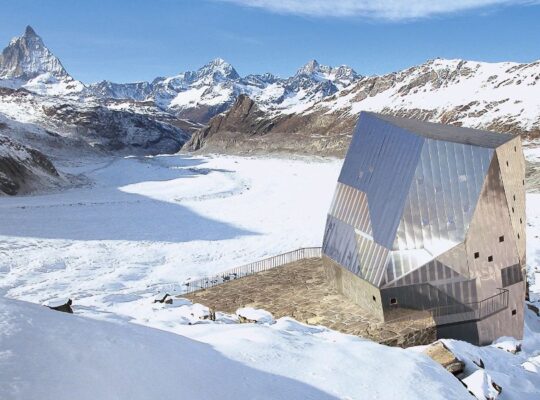In the ever-evolving landscape of technology, quantum computing emerges as a game-changer, and its impact on hotel savings is nothing short of revolutionary. As we delve into the quantum realm, we uncover the unprecedented efficiency it promises for the hospitality industry. Brace yourself for a journey through the quantum circuits and algorithms, as we explore the implications of this cutting-edge technology on optimizing hotel expenditures.
Quantum Basics: Decoding the Quantum Phenomenon
Understanding quantum computing requires unraveling the mysteries of quantum bits or qubits. Unlike classical bits, qubits can exist in multiple states simultaneously, opening the door to parallel processing on an unimaginable scale. This quantum parallelism lays the foundation for unprecedented computational speed and complexity, making it a potential game-changer for optimizing hotel operations.
The Quantum Advantage for Hotel Savings
Enhanced Data Processing
Quantum computing's ability to process vast amounts of data simultaneously is a boon for the hotel industry. From analyzing guest preferences to optimizing room bookings, the quantum advantage in data processing promises unparalleled efficiency.
Optimizing Resource Allocation
Quantum algorithms can efficiently solve complex optimization problems, such as the allocation of resources in hotels. From managing staff schedules to optimizing energy consumption, quantum computing holds the key to maximizing efficiency and minimizing costs.
Advanced Predictive Analytics
Quantum computing's prowess in handling complex calculations allows hotels to delve deeper into predictive analytics. This means anticipating market trends, optimizing pricing strategies, and ultimately leading to substantial savings.
Real-world Implications: Quantum Computing Meets Hotel Operations
Smart Room Assignments
Utilizing quantum algorithms, hotels can dynamically assign rooms based on real-time data, considering guest preferences, occupancy patterns, and special requests. This not only enhances the guest experience but also optimizes room turnover.
Energy Management Efficiency
Quantum computing enables precise modeling of energy consumption patterns within a hotel. This allows for the implementation of energy-saving strategies, reducing costs while aligning with sustainable practices.
Fraud Detection and Security
The quantum realm excels in complex computations, providing an unprecedented level of security. Hotels can leverage this for advanced fraud detection, securing financial transactions and protecting guest data.
Challenges on the Horizon
While the promises of quantum computing are enticing, challenges such as hardware constraints and the need for specialized expertise must be acknowledged. Navigating these challenges is crucial for the seamless integration of quantum solutions into the hotel industry.
Future Outlook: Quantum-Powered Hotel Savings
The convergence of quantum computing and hotel operations is on the horizon, promising a new era of efficiency and cost-effectiveness. Embracing this technology will redefine the landscape of the hospitality industry, placing those who adapt at the forefront of innovation and savings.
Final Words
In the dynamic realm of hotel management, quantum computing stands as a beacon of efficiency. As we venture into this quantum frontier, the fusion of technology and hospitality promises a future where savings are not just a byproduct but a deliberate outcome. Embrace the quantum wave, and let your hotel operations ride the tide of unprecedented efficiency.
Commonly Asked Questions
Q1: How does quantum computing impact hotel booking systems?
A1: Quantum computing accelerates booking system processes, allowing real-time analysis of preferences, leading to optimized room assignments and enhanced guest satisfaction.
Q2: Can quantum computing enhance cybersecurity in hotels?
A2: Absolutely. Quantum algorithms provide advanced security measures, fortifying hotels against cyber threats and ensuring the safety of guest information.
Q3: Are there risks associated with integrating quantum solutions into hotel operations?
A3: Challenges include hardware limitations and the need for specialized expertise. Overcoming these hurdles is essential for successful integration.
Q4: How does quantum computing contribute to energy savings in hotels?
A4: By precisely modeling energy consumption patterns, quantum computing enables hotels to implement efficient energy-saving strategies, reducing costs.
Q5: What steps can hotels take to prepare for the quantum era?
A5: Hotels should invest in training staff, stay informed on quantum advancements, and collaborate with experts to navigate the complexities of this transformative technology.












